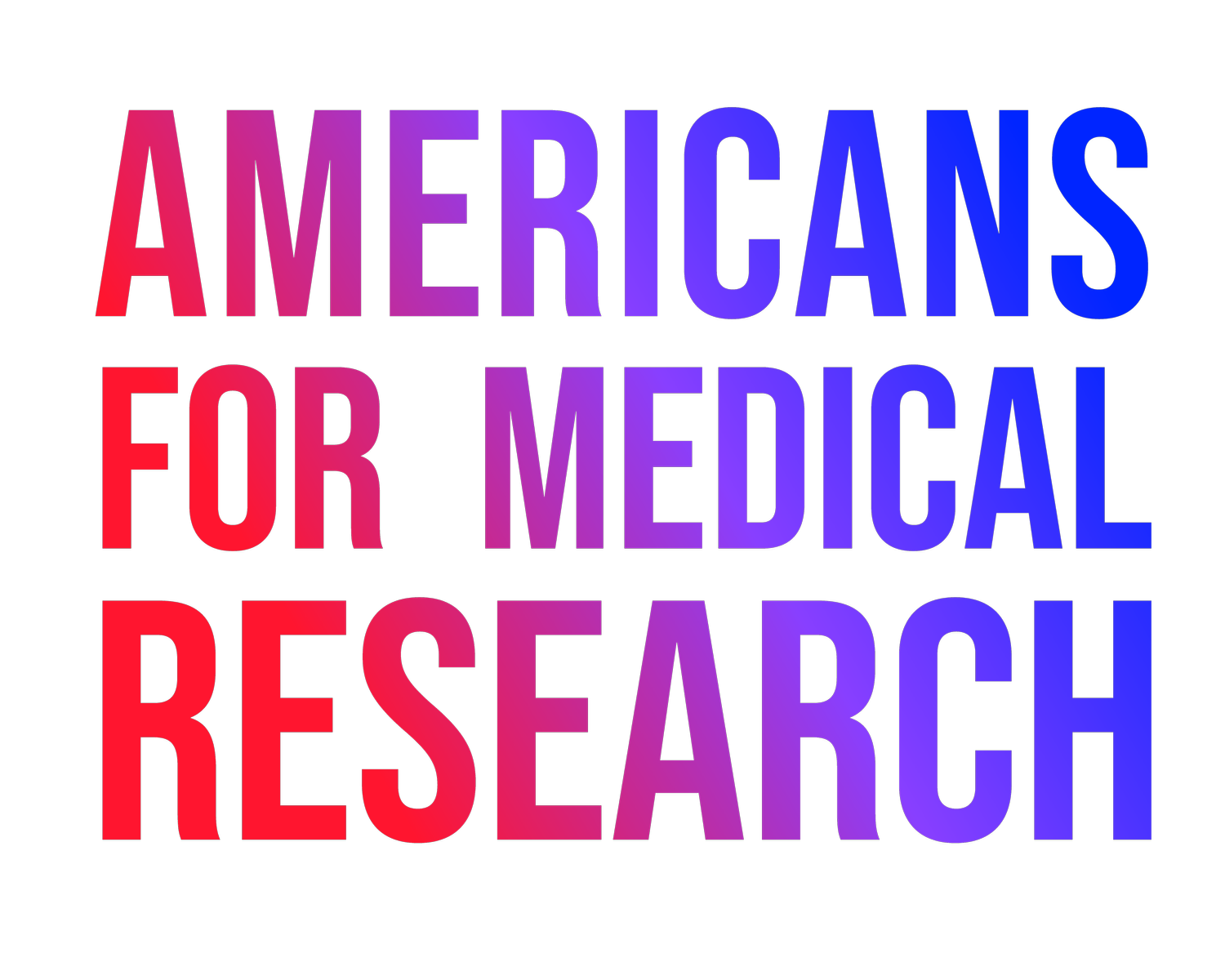Why NIH Funding Matters for This Duke Researcher
Jessica Moore | 10.30.25
Jessica Moore, postdoctoral researcher at Duke University School of Medicine, shares her story of how federal funding from the National Institutes of Health (NIH) has been an integral part of her work exploring brain development and disease. This is part of the United for Medical Research My WHY campaign.
My Story:
As a biomedical researcher, there have been countless ways research funded by the NIH has impacted me. Back before I had any idea that biomedical research was a career path, in elementary school, I witnessed the battle that my paternal grandmother fought against Alzheimer’s disease. My maternal grandfather had died young at 56 from Alzheimer’s and Parkinson’s disease, so I felt both sides of my family rally around my grandfather and his quest to find treatment options for my grandmother. At such a young age, I could understand how critical a biomedical breakthrough would be to this devastating disease. These early experiences shaped my understanding of how critical neurobiology research is, as diseases of the brain can be uniquely devastating—impacting bodily, cognitive, mental, and emotional processes.
Now, as a postdoctoral researcher, I am studying brain development, with a focus on how the blood-brain barrier matures and is maintained. The blood-brain barrier is a protective shield for your brain – carefully controlling what can pass in and out, shielding it from infection. However, the blood-brain barrier can pose health issues: this barrier can make it difficult to get drugs to the brain (i.e. to treat brain cancer) and this barrier can break down in neurological diseases, leading to inflammation.
In the next year, I am planning to apply for the NIH Pathway to Independence Award (K99/R00), which would support my training toward opening an independent research group to tackle these important scientific questions. I understand how critical NIH funding is toward all biomedical research – my thesis work during my PhD was supported by an NIH training grant, as well as R01 grants to my thesis advisor that supported research across the whole lab. I never take these funds for granted. I spend months preparing each application to the NIH, and I always keep in mind the amazing breakthroughs and improvements to human life that fundamental research can provide.
The United States benefits enormously from the biomedical research ecosystem. Research institutions provide numerous rewarding jobs to local economies, spur local economic activity, provide the basis for biomedical research startup companies, and train the next generation of scientists, among many other benefits.
But beyond the economic impact, what’s truly at stake is human health and well-being. Breakthroughs funded by the NIH have led to vaccines, cancer therapies, treatments for rare diseases, and improvements in mental health care – just to name a few. When NIH funding is uncertain or reduced, it doesn’t just slow down scientific progress – it disrupts lives. Promising treatments can be delayed. Young scientists may leave the field. Labs may close or scale back.
My Message:
As someone dedicating my career to understanding brain development and disease, I see how many devastating conditions – like Alzheimer’s, epilepsy, and brain cancers – still lack effective treatments. NIH funding is the lifeblood of this work. Continued, stable investment in biomedical research is not optional – it’s essential for building a healthier, more innovative, and more resilient future.
